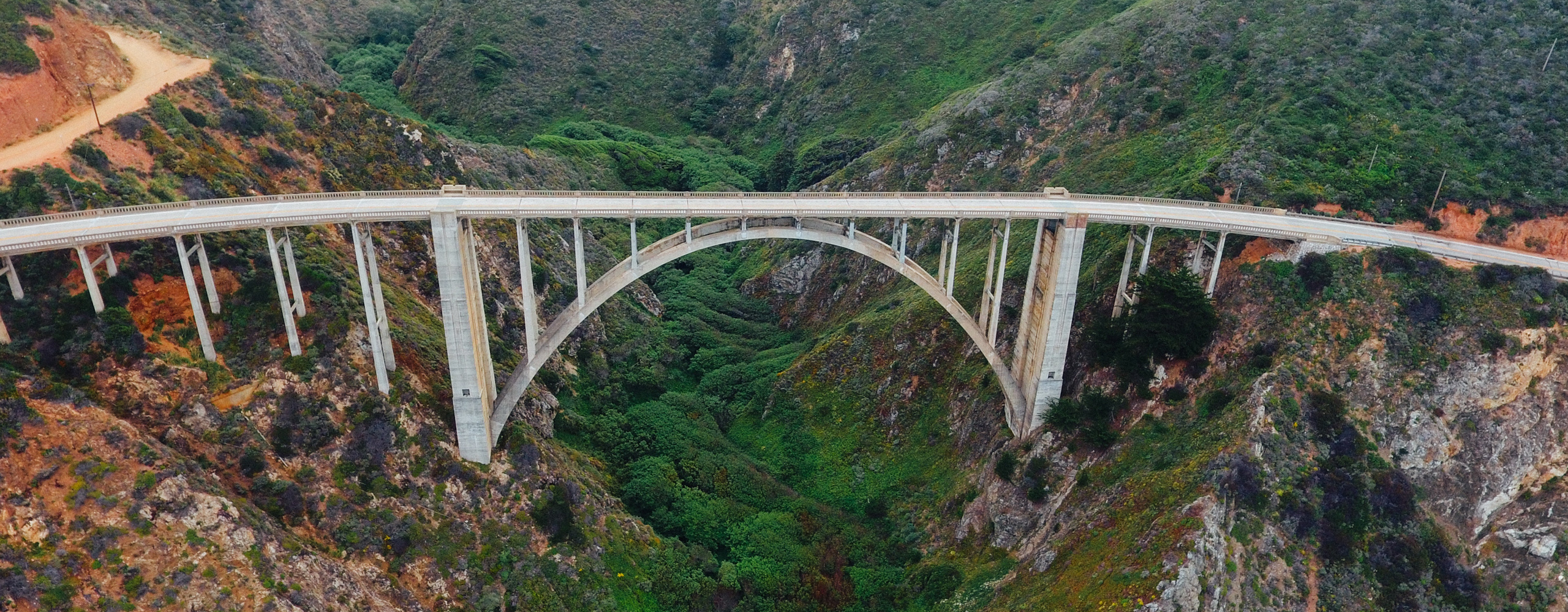Plotting 3D Isosurfaces
This tutorial demonstrates how you can add isosurfaces to your 3D Itasca model plots.
Using Python in Itasca Software
Python scripting is built into current versions of FLAC3D, 3DEC, and PFC. This video introduces users of Itasca software to working with Python and FLAC3D, 3DEC, and PFC types (zones, blocks, ball, structural elements, and so on). The Itasca Module, a comparison with FISH scripting, and object-oriented and array-oriented interfaces are reviewed and demonstrated.
FLAC3D 6.0 Model Generation using the Building Blocks and Geometric Data Sets
A Calibrated Predictive Geochemical Model of Leaching and Attenuation Reactions in a Mine Pit Lake
A geochemical model was developed to predict future water quality of the Cove pit lake in support of site closure and regulatory permitting.
Use of a Finite Element Code to Model Complex Mine Water Problems
Numerical models are now used routinely to predict ground-water inflows to both surface and underground mines and to help design dewatering systems.
Which fractures are imaged with Ground Penetrating Radar? Results from an experiment in the Äspö Hardrock Laboratory, Sweden
Identifying fractures in the subsurface is crucial for many geomechanical and hydrogeological applications. Here, we assess the ability of the Ground Penetrating Radar (GPR) method to image open fractures with sub-mm apertures in the context of future deep disposal of radioactive waste.
